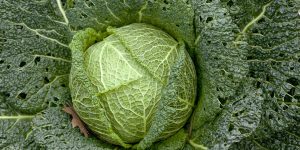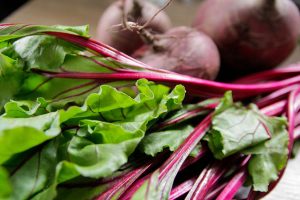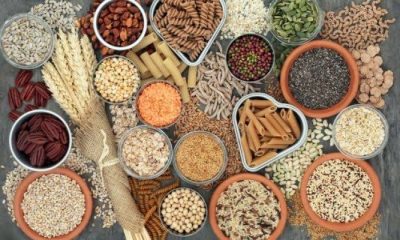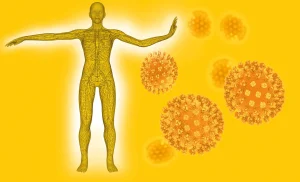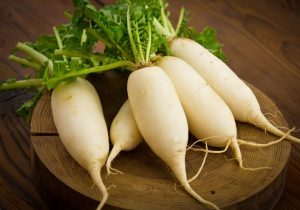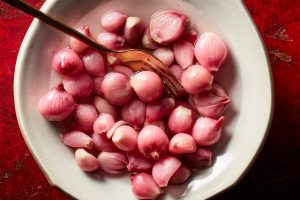
SHALLOTS
Shallots. These are little, long onions that have a flavor that is frequently characterized as a mild combination of garlic and regular onions. Even though they are less watery, have thinner skins, and grow in clusters, they might still make your eyes water. Shallot is a herbaceous plant that is grown all over the world. Its scientific name is Allium Ascalonicum. Large, spherical bulbs with a deep purple outer skin are its hallmark. Raw shallots are frequently used in salads, sandwiches, and dips.
SHALLOTS
Notably, the purple skin of it contains up to 75% of the antioxidant components that are very good for your health, so don’t peel off too much of it when eating them. they belong to the same family with garlic, scallions, leeks,They are rich in nutrients and plant components, provide several health advantages.
1. Rich in antioxidants
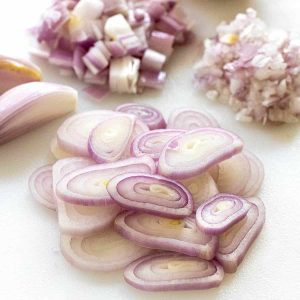
Compounds known as antioxidants aid in preventing free radicals from causing harm to your cells. Inflammation and chronic diseases like diabetes, cancer, and heart disease can result from oxidative stress brought on by an excess of free radicals. Antioxidant-active substances like quercetin, kaempferol, and allicin are abundant in shallots.
Shallots have the highest levels of antioxidant activity among 11 common onion cultivars, according to one study.
2. Preventing Cancer
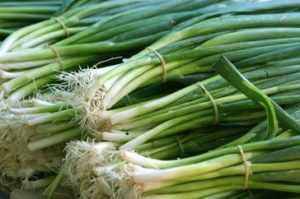
Antioxidants and phytochemicals found in shallots, including as disulfides, trisulfides, cepaene, and quercetin, have been demonstrated to lower inflammation and aid in the prevention and treatment of cancer. Frequent shallot consumption can also help with digestive problems such as indigestion, bloating, poor appetite, stomach diseases, and gallbladder and colon problems.
3. Management of Anaemia
Iron, which is necessary for the treatment of anemia, is abundant in shallots. Iron levels in the body can be raised by eating one onion every day. They also include chromium, which restricts the body’s absorption of sugar, enhances glucose metabolism, and lowers insulin levels.
4. Heart Health
Eating shallots lowers triglyceride and cholesterol levels. Onions contain sulfur compounds that help prevent blood clots, and quercetin lowers artery plaque, which lowers the risk of heart attacks.
5. Support for Respiratory Function

Shallots’ anti-inflammatory qualities ease bronchitis and asthma symptoms by relaxing airway muscles. Additionally, they work well to prevent and cure respiratory conditions like the flu, colds, coughs, and congestion of the nose.
6. Detoxifying and Antibacterial Properties
Compounds in shallots help the body rid itself of toxins and destroy microorganisms. Because of this, they are effective against foodborne infections brought on by bacteria like Salmonella and E. coli. Additionally, their phytochemicals lower the chance of stomach ulcers.
7. Relief from Constipation and Digestive Health

Shallots, which are high in dietary fiber, help to fight constipation by encouraging the growth of good gut flora. Bowel regularity can be enhanced by eating one onion each day.
8. Encourages Breastfeeding
Shallots encourage nursing moms to produce more milk. For appropriate advice on how to include them in the diet, it is best to speak with a physician.
9. Controlling Hypertension

Shallots are fat-free, low in calories, abundant in potassium, and low in salt. Especially in older persons, the potassium-sodium interaction aids in blood pressure regulation. Additionally, they increase the flexibility of blood vessels, which makes them a powerful natural treatment for hypertension.
Summary
Because of its many health benefits, shallots are a vitamin that is definitely worth using. The aforementioned advantages should assist address the query, “What are the advantages of shallots?

 Travel4 weeks ago
Travel4 weeks ago
 Health2 weeks ago
Health2 weeks ago
 Health3 weeks ago
Health3 weeks ago
 Health3 weeks ago
Health3 weeks ago




